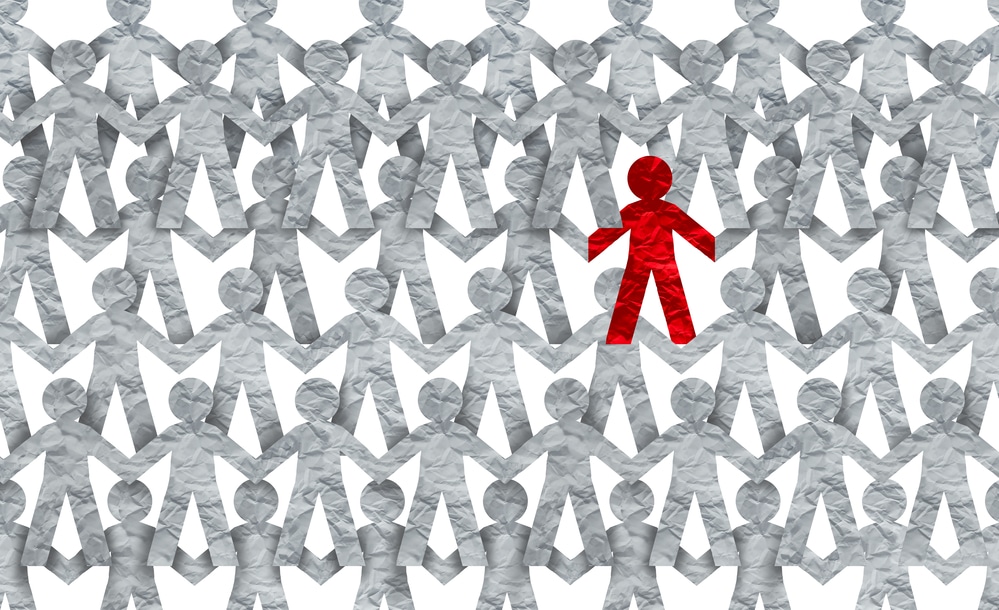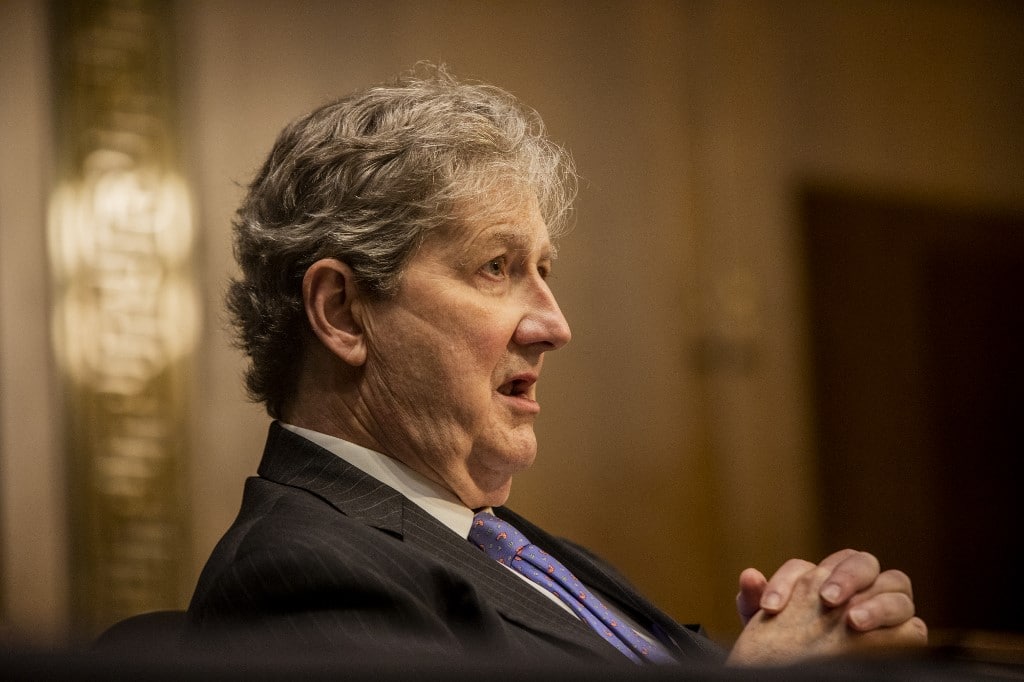San Francisco is currently grappling with legal challenges from conservative factions regarding its ‘Guaranteed Income for Trans People Program’ (GIFT).
GIFT Program Under Legal Fire

Judicial Watch, an organization with a history of legal disputes against diversity measures, has filed a lawsuit claiming that GIFT contravenes the equal protection clause of the California Constitution.
Guaranteed Income vs. Universal Basic Income

Unlike Universal Basic Income (UBI), guaranteed income programs offer consistent, unconditional financial support specifically to selected groups.
They aim to provide a basic economic safety net.
Rise of Income Programs

These programs rose to prominence, especially during the pandemic, as numerous U.S. cities launched pilot schemes to evaluate their effectiveness.
Clear Objectives

The essence of guaranteed income programs lies in their structure and objectives: they provide regular, often monthly, financial assistance with no strings attached, helping vulnerable groups mitigate poverty and economic instability.
Addressing Income Disparities

Setting themselves apart from Universal Basic Income (UBI), guaranteed income programs specifically target groups affected by income disparity, like the impoverished or those who have been incarcerated.
Diverse Approaches in Cities

Cities like San Francisco and Long Beach have adopted such initiatives, some using random selection, others based on criteria like location or profession, as in artist-focused programs.
Promising Outcomes

Early pilot programs show promise; a 2020 study found a mere $250 monthly income guarantee can cut poverty by 40%. The 2020-founded Mayors for Guaranteed Income champions these efforts, drawing wide support from city leaders.
Global Movement

Organizations like the Income Movement and Economic Security Project work with city governments and hold global marches for basic income awareness.
Additionally, Miracle Messages’ Miracle Money program offers a unique UBI-like pilot, providing $500 monthly to help unhoused individuals.
Dependency Concerns

Critics of guaranteed income programs point out possible downsides, such as fostering dependency and questioning long-term funding viability.
They worry these initiatives might lead to an overreliance on government support and stress financial resources, without addressing poverty and economic inequality’s root causes
San Francisco’s GIFT

The program in San Francisco, run with Lyon-Martin Community Health Services and the Transgender District, offers $1,200 monthly for 18 months to 55 low-income transgender individuals.
Legal Battle Over Discrimination

Californians for Equal Rights Foundation previously sued over GIFT and similar programs for federal anti-discrimination violations.
Discriminatory or Essential Support?

The Judicial Watch lawsuit, representing San Francisco taxpayers Michael Phillips, Paul Wildes, and Reed Sandberg, targets GIFT, claiming it discriminates and illegally uses taxpayer money, thereby violating the state constitution.
Allegations of Unlawful Spending

This lawsuit by Judicial Watch follows their 2022 victory against a California law mandating diversity on corporate boards. They argue that San Francisco’s GIFT program illegally uses taxpayer money, favoring certain races and sexes.
High-Profile Defendants

The lawsuit names Mayor London Breed, Treasurer José Cisneros, City Administrator Carmen Chu, and the Office of Transgender Initiatives’ executive director as defendants.
Supporting Transgender Community

GIFT, or the Guaranteed Income for Trans People Program, is a San Francisco initiative providing financial assistance to low-income transgender individuals. It offers $1,200 monthly for up to 18 months, aimed at addressing economic disparities and supporting the unique challenges faced by the transgender community in the city.
JM Jaffe, Lyon-Martin’s Executive Director, views it as a step towards tackling systemic disparities.
Questioning Inclusivity and Fairness

While Californians for Equal Rights Foundation’s first lawsuit targeted various programs, Judicial Watch’s suit is exclusively against GIFT, alleging state constitutional violations for providing preferential treatment based on gender identity, sex, race, and ethnicity, and prioritizing BIPOC transgender and nonbinary individuals for enrollment.
Legal Showdown Over Public Funding

Aiming to halt taxpayer funding for the GIFT program, this legal challenge asserts that such spending is unlawful. As the case progresses, the city attorney’s office, defending San Francisco, plans to thoroughly review the complaint and respond in court.
Equity vs. Fairness

The legal challenge against GIFT sheds light on the ongoing clash between social equity efforts and legal interpretations of fairness, reflecting broader societal debates on the role of targeted financial assistance in addressing systemic inequalities and the ethical use of public funds.
Read Next: What Really Causes Donald Trump’s Skin to be So Orange

Former President Donald Trump’s distinctive orange skin has captivated attention, sparking curiosity about its evolution from average pale over the years:
What Really Causes Donald Trump’s Skin to be So Orange
21 of the Biggest Lies in American History

Dive into the shadows of American history as we explore 21 of its biggest lies that have left an indelible mark on the nation’s narrative:
21 of the Biggest Lies in American History
32 Things We Once Highly Respected but Are a Complete Joke Now

Discover the amusing downfall of once-respected entities in our changing world:
32 Things We Once Highly Respected but Are a Complete Joke Now
23 of Donald Trump’s Most Hilarious Moments as President

Explore the lighter side of Donald Trump’s presidency with 23 hilariously memorable moments that left the nation in stitches:
23 of Donald Trump’s Most Hilarious Moments as President
27 Things MAGA Movement Ruined Forever for People

How the MAGA movement left its mark on individuals and disrupted certain aspects of our everyday life forever:










